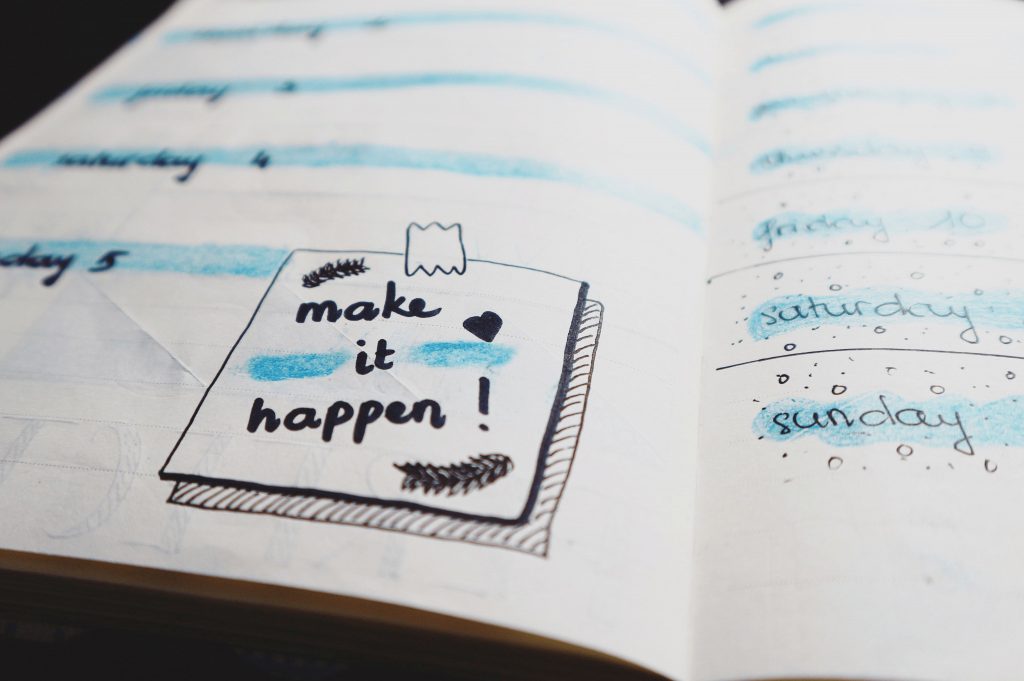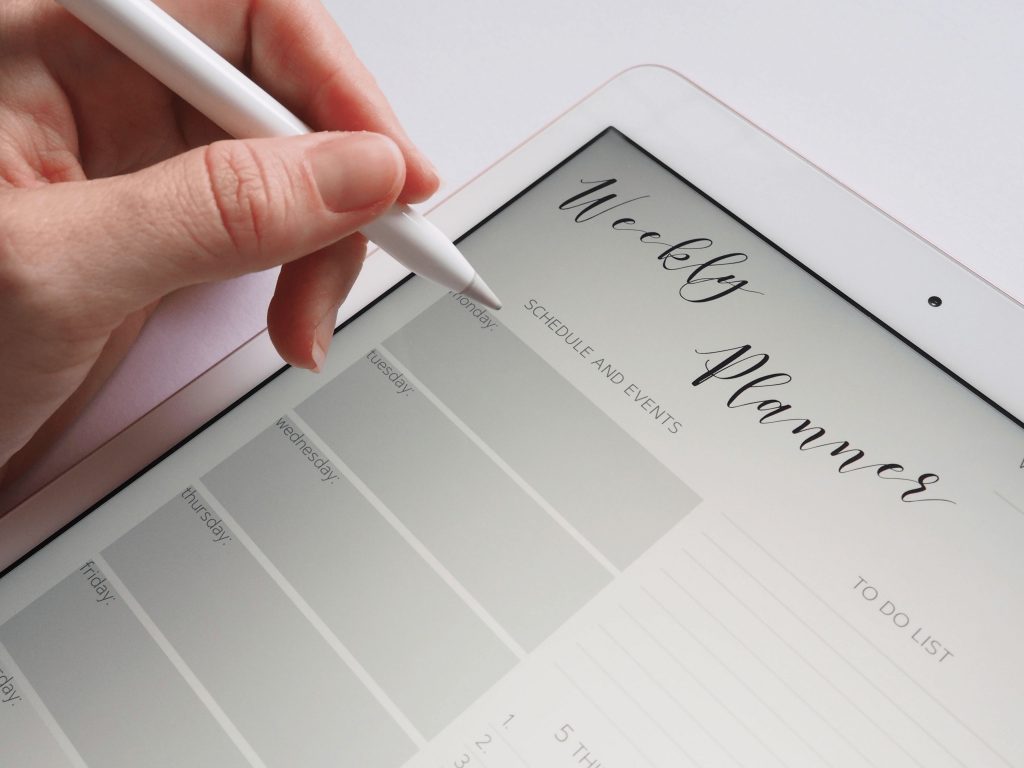How to Plan Correctly: Tips for Effective Planning and Success
Planning is the foundation of success in any endeavor, whether personal or professional. A well-thought-out plan helps you set clear goals, prioritize tasks, and stay focused, even in the face of challenges. However, effective planning isn’t just about making a to-do list—it’s about understanding your objectives, allocating resources wisely, and anticipating potential obstacles. In this article, we’ll explore proven strategies and practical tips to help you plan correctly, ensuring your path to success is both efficient and achievable.

1. Choose the Right Tool for Your Plans
Relying solely on your memory to manage tasks and schedules is a recipe for missed opportunities and unnecessary stress, especially if you have a busy lifestyle. Fortunately, there are countless tools available, from traditional planners and diaries to advanced scheduling apps. Selecting the one that suits you best is key to staying organized.
Writing down your plans allows you to objectively evaluate your workload over days, weeks, or months. While jotting down every detail—like lunch breaks or grocery runs—might seem excessive, your planner should serve as a helpful guide, not a rigid dictator. Use it as a supportive tool to maintain balance without overloading yourself.
For those who need reminders, digital apps with notifications can be particularly useful. These tools can alert you to appointments, tasks, or even simple habits like drinking water at pre-set intervals. This ensures you stay on track without mentally juggling every detail.
2. Collaborate on Shared Plans
If your plans involve others—such as organizing trips, booking hotels, or planning outings with friends—cooperation is essential. Extensive planning takes time and effort, and it’s important not to burden yourself with all the responsibilities.
Instead of shouldering the entire load, share the planning process to avoid two common pitfalls:
- Misaligned schedules: Others may have commitments or preferences that differ from yours, leading to scheduling conflicts if you plan alone.
- Unequal workload: Sharing responsibility allows for a fair distribution of tasks, giving you more time and energy to focus on other priorities.
If someone is indifferent about key decisions—like where to eat or when to meet—it might indicate they’re not as invested in the plan. In such cases, focusing on your personal plans may be more rewarding than trying to plan for everyone else.
3. Allow for Free Time
Packing your day with back-to-back tasks and activities may seem productive, but it often leads to burnout. To maintain your energy and well-being, it’s crucial to leave gaps in your schedule for rest and relaxation.
Even a few hours of unstructured time each day can help you recharge. Whether you spend it lounging on the couch, watching a favorite show, or enjoying a good book, this downtime is essential for maintaining balance and avoiding exhaustion.

4. Prioritize Wisely
When your to-do list grows too long, the quality of your work and leisure can suffer. Prioritizing tasks effectively ensures you focus on what truly matters without spreading yourself too thin.
Here’s how to prioritize effectively:
- Set clear priorities: Choose up to three key tasks to focus on at any given time. Address these first before moving on to secondary tasks.
- Balance quality and quantity: It’s better to dedicate your energy to fewer tasks or events and do them well than to rush through everything half-heartedly.
By prioritizing fairly and realistically, you can maintain the quality of your efforts without feeling overwhelmed.
5. Prepare for the Unexpected
Even the best-laid plans can be disrupted by unforeseen circumstances. While you can’t predict every scenario, being mentally prepared for changes can help you adapt with ease.
To handle unexpected disruptions:
- Have a backup plan: For example, if a meeting gets canceled, you might visit a nearby café or use the time for self-care activities.
- Stay flexible: Adjust your priorities as needed to accommodate new challenges or opportunities.
This mindset not only reduces stress when plans fall apart but also helps you turn setbacks into productive moments.
Conclusion
Effective planning is about more than just organizing your day—it’s about creating a system that works for your lifestyle and goals. By choosing the right tools, collaborating on shared plans, allowing for downtime, prioritizing tasks, and preparing for the unexpected, you can stay organized and resilient. With these strategies, planning becomes not just a task but a valuable skill that empowers you to achieve more with less stress.
Headings: Career & Management




